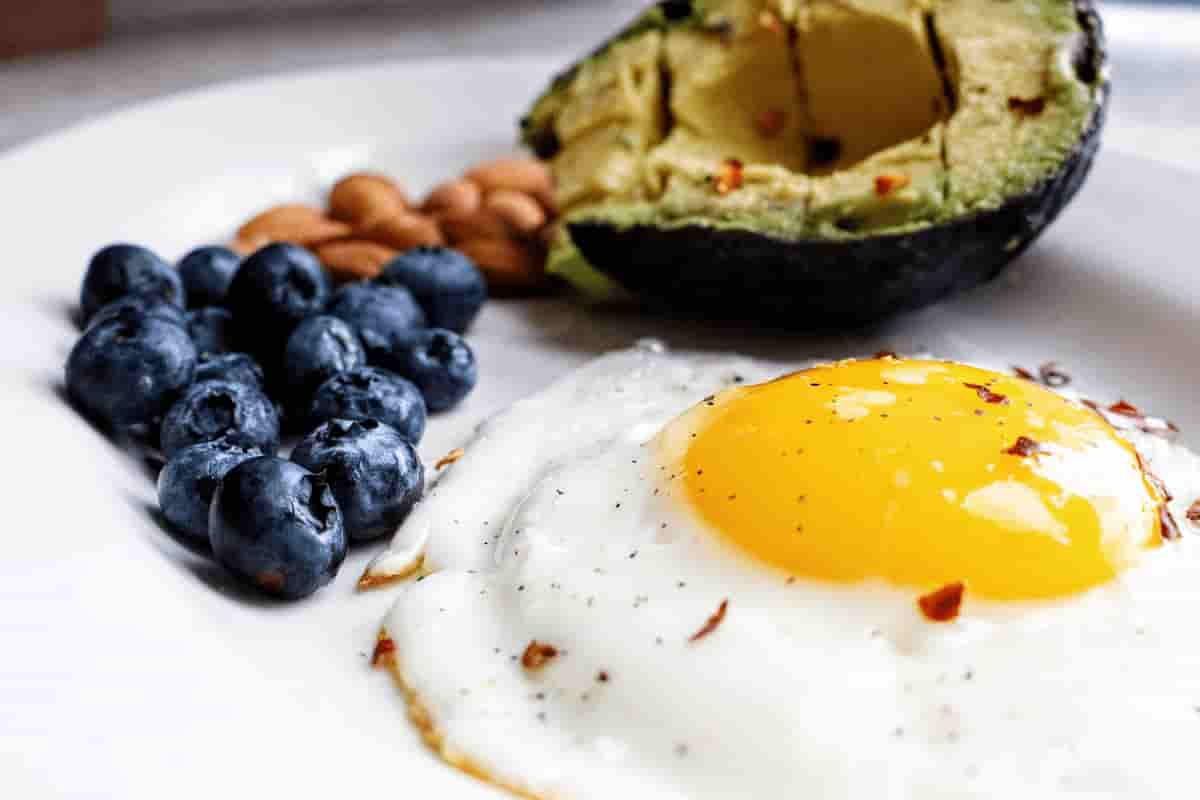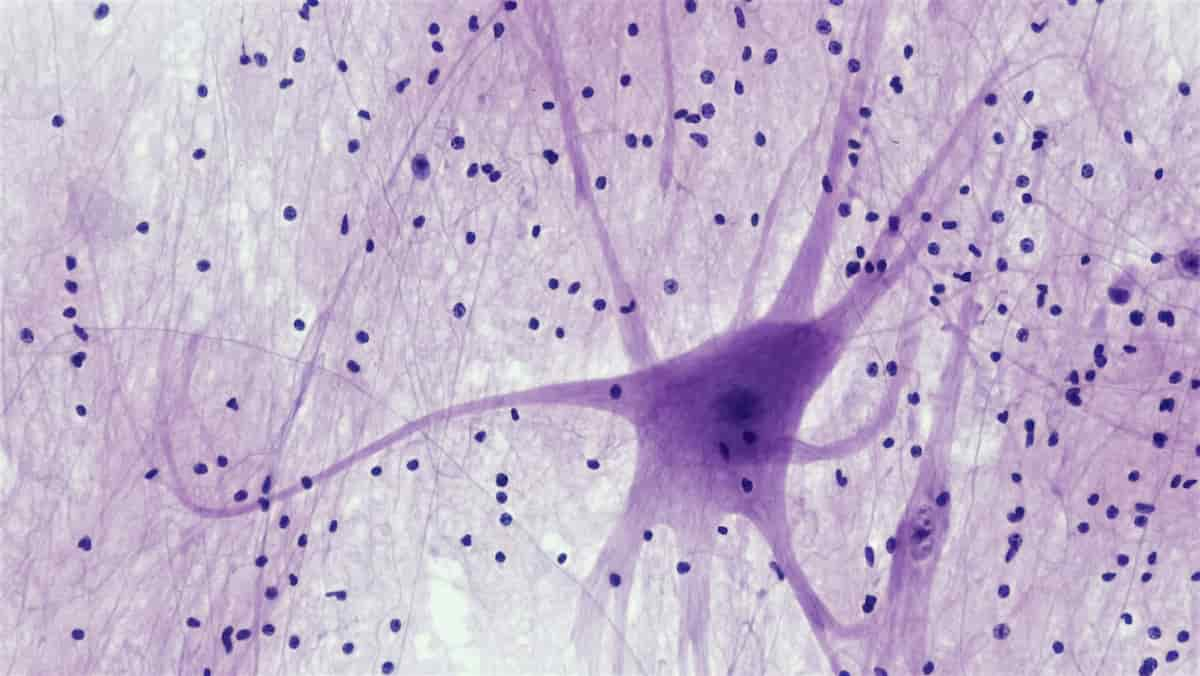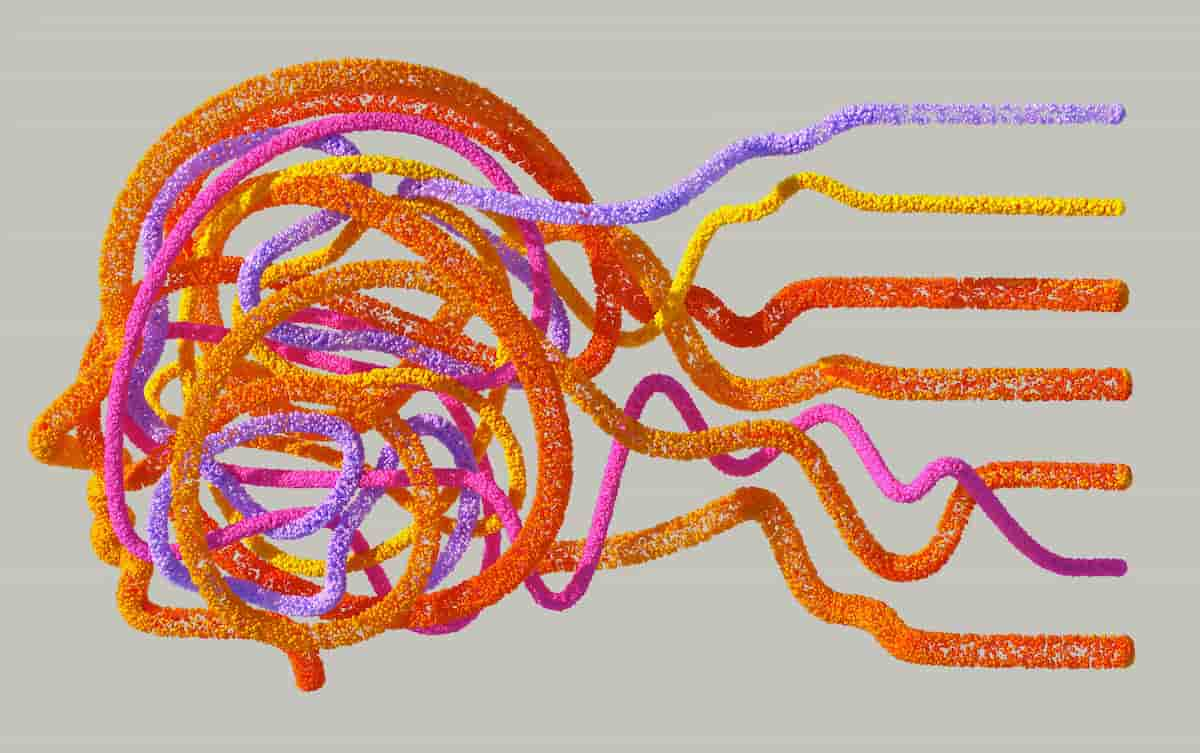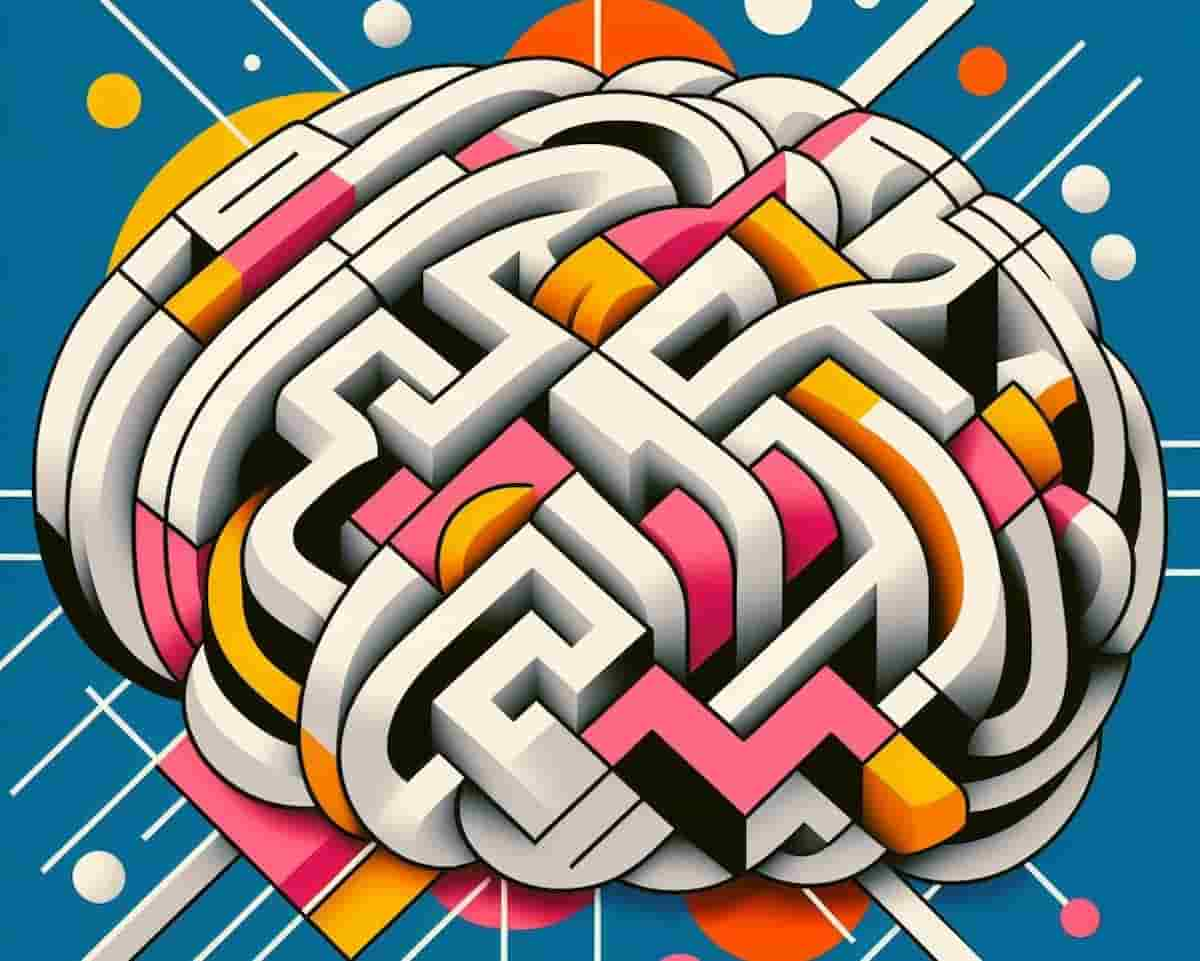This article delves into the fascinating world of false memories, exploring what they are, how they form, and their implications in everyday life.
What are false memories?
False memories are recollections of events or details that feel real but are not accurate representations of reality.
These memories can range from minor inaccuracies, such as misremembering a detail, to entirely fabricated events.
They demonstrate the malleability of human memory and how easily it can be influenced by external factors.
The concept of false memories is particularly intriguing because it reveals the intricate relationship between perception, memory, and reality.
Our brains are constantly processing vast amounts of information, and in doing so, they sometimes make errors or fill in gaps with assumptions.
How do false memories form?
The formation of false memories often involves a combination of psychological and cognitive processes.
Understanding these mechanisms provides insights into how our minds work and the factors that can lead to memory distortions.
Role of suggestion
Suggestion is one of the most common ways false memories are created.
For example, leading questions during an interview or subtle cues in a conversation can implant details that were never present in the original memory.
Studies have shown that individuals are highly susceptible to suggestions, especially when they trust the source of the information.
This phenomenon has significant implications for various fields, including law enforcement and psychotherapy.
Misinformation effect
The misinformation effect occurs when new, incorrect information is introduced after an event, altering the original memory.
This can happen through media coverage, conversations, or even casual storytelling.
A classic example of the misinformation effect is the alteration of eyewitness testimony after exposure to leading questions or suggestive media reports.
The misinformation effect highlights the importance of critical thinking and verifying facts before accepting them as truth.
Memory reconstruction
Human memory is not a perfect recording device but a reconstructive process.
When we recall an event, our brain fills in gaps using assumptions, biases, and related experiences, which can lead to inaccuracies.
This reconstructive nature of memory is why two people can have vastly different recollections of the same event.
Factors such as stress, emotions, and context can further influence how memories are reconstructed.
Examples of false memories
False memories are a common phenomenon and can occur in various contexts.
Exploring real-world examples can help us understand the breadth and depth of this phenomenon.
Mandela effect
The Mandela Effect is a collective false memory where large groups of people remember an event differently from how it occurred.
A famous example is the widespread belief that Nelson Mandela died in prison during the 1980s, even though he was released in 1990 and passed away in 2013.
Other examples include misconceptions about brand logos, movie lines, or historical events.
The Mandela Effect demonstrates how societal and cultural influences can shape collective memory.
Legal cases
False memories have played a significant role in legal cases, especially in eyewitness testimony.
Misremembered details can lead to wrongful convictions, highlighting the importance of understanding memory’s fallibility.
For instance, high-profile cases involving repressed memories have sparked debates about the reliability of such testimonies in court.
The legal implications of false memories underscore the need for corroborative evidence and thorough investigations.
The impact of false memories
False memories can have profound implications on both personal and societal levels.
Their impact extends beyond individual experiences, influencing relationships, decision-making, and public perception.
Personal relationships
In personal relationships, false memories can create misunderstandings or conflicts.
For instance, differing recollections of a past conversation or event can lead to unnecessary disputes.
Over time, these discrepancies can erode trust and strain relationships.
Awareness and open communication can help mitigate the effects of false memories in personal interactions.
Legal and ethical implications
In the legal system, false memories can compromise the integrity of testimonies and evidence.
Ethical considerations arise when therapists or investigators unintentionally influence someone’s recollections through leading questions.
Addressing these challenges requires rigorous training and adherence to best practices in investigative and therapeutic settings.
The ethical implications of false memories also extend to media reporting and public discourse.
How to recognise and prevent false memories
While it is challenging to entirely prevent false memories, awareness and certain strategies can reduce their likelihood.
Employing proactive measures can enhance memory accuracy and minimise distortions.
Critical thinking
Practising critical thinking and questioning the source of information can help distinguish between real and fabricated memories.
Analytical skills are essential for recognising biases and inconsistencies in information.
Collaborative recall
Discussing memories with others who experienced the same event can help identify inconsistencies and reinforce accurate details.
Collaborative recall fosters a shared understanding and helps eliminate false details.
Mindfulness and attention
Paying close attention during events and practising mindfulness can improve memory accuracy and reduce susceptibility to false memories.
Techniques such as journaling and active engagement can also enhance recall precision.
Advanced perspectives
Researchers continue to uncover new insights into the mechanisms and influences behind false memories.
Emerging perspectives provide deeper understanding and novel approaches to addressing this phenomenon.
Neuroscience of false memories
Neuroimaging studies have shown that similar brain regions are activated during the formation of both true and false memories.
This overlap makes it difficult to distinguish between the two on a neurological level.
Advances in neuroscience may eventually enable more accurate identification of false memories through brain activity patterns.
Digital misinformation
In the digital age, misinformation and social media play significant roles in shaping false memories.
Viral posts and doctored images can implant inaccuracies into collective memory.
Addressing digital misinformation requires media literacy and critical evaluation of online content.
Conclusion
False memories are a testament to the complexity and adaptability of human memory.
Understanding their causes and implications is crucial for navigating both personal experiences and societal challenges.
By practising critical thinking and mindfulness, we can strive to improve memory accuracy and reduce the impact of false memories in our lives.
Ongoing research and technological advancements will continue to shed light on this intricate aspect of human cognition.










